Those who care about nutrition invest a great deal to ensure they’re getting the most from their food and supplements.
However, not everyone realizes that certain everyday habits (even some “healthy habits”) can deplete the very nutrients they’re seeking to optimize.
What kind of habits?
That’s what you’ll learn in this article, along with easy fixes to prevent nutrient loss and optimize nutrition.
1. You’re Drinking Caffeinated Beverages With Your Vitamins
Most adults enjoy a cup of coffee, tea, or green tea to help energize and promote focus and greater productivity.
Although these beverages have many health benefits, the unpopular truth is that caffeine from any source is known to deplete essential nutrients, including:[1][2]
- B-vitamins
- Calcium
- Iron
- Magnesium
- Vitamin D
Does this mean you have to give up your morning or afternoon caffeine fix?
In most cases, no.
However, reducing caffeine intake and putting some space between your morning brew and your supplements and superfoods can help.
For example, try taking your supplements, like multivitamins, B-complex, iron, magnesium, and vitamin D, at least 30 minutes to two hours after your caffeine fix.
This isn’t an exact science, and everyone metabolizes caffeine differently; however, even a slight change in timing can make a positive impact on nutrient levels.
If you’re deficient in any of the above nutrients, talk to your healthcare practitioner for individual advice on caffeine consumption and timing.
Related reading: 25+ Natural Energy Boosters: Caffeine & Coffee Alternatives
2: Stress Has Become Habitual
You probably know that stress is a causal or contributing factor to many conditions.[3]
However, did you know stress, especially prolonged stress or states of hypervigilance, can also deplete key nutrients?
Although stress impacts people and nutrient status in different ways, studies have shown that stress can deplete calcium, magnesium, B vitamins, and zinc.[4]
Stress also impacts your appetite-regulating hormones, like ghrelin, which can lead to unhealthy cravings for nutrient-devoid foods, as well as gut and digestive health, adding fuel to the fire.[5][6]
The best fix for this is to become aware of your stress levels and start adopting simple stress management practices to help reset the stress response.
Some of the simplest ways to reduce stress include:
- Making time to laugh
- Spending time in nature
- Exercising
- Spending time with friends and family
- Caring for a pet
- Walking around barefoot (earthing)
- Getting more sleep (aim for 7-9 hours per night)
- Drinking tea
- Practicing mindfulness
- Deep breathing
- Taking up a hobby you enjoy
Talking to a counselor or therapist can also help with learning to set boundaries and deal with any deeper issues that may be causing an automatic stress or hypervigilance response.
3. You’re Not Drinking Enough Water
Many people don’t drink enough water, and research has shown that older adults are especially prone to chronic dehydration.[7]
This is a problem because even mild to moderate dehydration can cause cognitive impairments affecting memory and psychomotor skills, headaches, dizziness, brain fog, and digestive complaints, like constipation.[8][9]
Dehydration can also impact the absorption and function of water-soluble nutrients, including B vitamins and vitamin C, as well as deplete electrolytes such as sodium and potassium.
The solution is always to take your vitamins with a glass of water and to aim for eight glasses of water daily.
If you’ve been drinking a lot less than eight glasses a day, don’t try to increase your intake all at once.
Instead, start slowly by increasing your water intake by one glass or one half-glass every few days.
Keeping a water bottle or mason jar within easy reach can also be helpful, as can adding natural flavor enhancements like sliced fruits, cucumbers, or natural electrolyte packets.
See What Are The Skin And Overall Health Benefits Of Drinking Water? for more helpful hydration tips and inspiration.
4. You’re Drinking Alcohol To Relax
The facts about alcohol consumption and health have gotten confusing, with some evidence linking light to moderate consumption with benefits, like stress relief, and other evidence showing the opposite.[10][11]
This is likely due to various factors, including how different people metabolize alcohol, who’s sponsoring the studies, and factors in study groups, such as diet, genetics, and lifestyle, that may or may not have been accounted for.
Regardless, we do know that alcohol consumption, even in small doses, depletes essential nutrients, such as B vitamins, vitamin A, glutamine, magnesium, selenium, iron, and zinc.[9]
Although we don’t understand all the mechanisms behind this, research has shown that alcohol negatively impacts the liver, which plays a role in producing digestive enzymes and nutrient storage, as well as the gut microbiome, which is essential for nutrient assimilation and absorption.[12]
Alcohol is also dehydrating, which can further affect water-soluble nutrients and electrolytes.
The fix for this is to consume less alcohol and consider upping your intake of the previously mentioned nutrients, as well as water, if or when you do indulge.
5. You Take Medications Without Asking About Drug-Nutrient Interactions
To be clear, you should take the medications your doctor prescribes—this is not a bad habit!
However, many people aren’t aware that certain medications can impact nutrient levels, potentially affecting iron, B vitamins, magnesium, vitamin C, and glutathione.
This may not be problematic if you’re taking a short course of medication, but for those who rely on drugs or take them often, the compounded effects can be significant.
Here are some examples (not all) of medications that deplete nutrients:[13][14][15]
- Antibiotics: Depending on the type, antibiotics may deplete biotin, inositol, vitamins B1, B2, B3, B5, B6, B12, and vitamin K, calcium, and magnesium
- ACE Inhibitors: May deplete zinc and potassium
- Birth control pills: May deplete vitamins C, E, B6, B12, folate, calcium, magnesium
- Proton pump inhibitors: May Deplete vitamins B12, C, calcium, zinc, magnesium, iron, and beta carotene
- NSAIDs: May deplete vitamin C and iron
- Oral Corticosteroids: May deplete Calcium, vitamin D, sodium, potassium, and chromium
- Statins: May deplete Coenzyme Q10, vitamin D, vitamin E, and beta carotene
This doesn’t mean you should avoid or stop taking medications, but becoming aware of drug-nutrient interactions can help you take steps to avoid deficiencies.
The best course of action is to consult with your doctor or pharmacist and conduct your own research (unfortunately, research on drug-nutrient interactions is limited, and not all healthcare providers are aware of it).
From there, you and your healthcare practitioner can decide if dietary modifications or supplementation are appropriate while you’re taking medication(s).
Related reading: What Is The Best Time Of Day To Take Vitamins?
How to Use Supplements to Support Optimal Nutrient Status
A healthy and diverse whole-food diet is your best source of nutrients.
However, supplements can help fill in nutrient gaps and provide nutritional insurance for when you can’t eat as well as you’d like to.
For example, if cutting back on caffeine just isn’t in the cards right now, you may benefit from additional B-vitamins from a B-Complex or a multivitamin. And if you’re a vegetarian or vegan who enjoys caffeine, consult your healthcare practitioner about taking an iron supplement or a multivitamin that contains iron.
If you’re in a busy and stressful season, a magnesium supplement or a calcium, magnesium, zinc supplement can help reduce stress while replenishing lost nutrients.
And if you’re taking medications, talk to your doctor or healthcare practitioner about which supplements may best help prevent deficiencies, especially if you’re taking them long-term.
Regardless, most people can’t go wrong with taking a daily multivitamin, which provides all the nutrients you need to meet your daily requirements.
Let Country Life Help Power Up Your Nutrition Routine
Country Life has been helping power optimal nutrition since 1971.
Some of our most popular supplements for a healthy lifestyle include:
- Multivitamins for women, men, all genders, vegans, and 50+. Available in tablets, gummies, and chewables
- B-vitamins, including coenzymated (methylated) formulas, B Complex, biotin, B6, vitamin B12, and more
- Magnesium supplements are available in glycinate, citrate, and chelated varieties
- Zinc supplements, including zinc chelate, picolinate, and lozenges
- Vitamin C in as chewables, buffered, time-release, and whole-food sources
- Iron supplements
- Realfood Organics® Prenatal Multivitamin
All Country Life products are made in NSF-certified gluten-free and organic manufacturing facilities and rigorously tested for purity and potency from raw materials to finished product.
Click here to learn more about our history, mission, and values.
Shop all Country Life supplements.
References mentioned in this article
- “Effects of caffeine on health and nutrition: A Review”. Wolde, Tsedeke. (2014).
- “Higher intakes of dietary caffeine are associated with 25-hydroxyvitamin D deficiency”. Int J Vitam Nutr Res.
- “The effects of chronic stress on health: new insights into the molecular mechanisms of brain-body communication”. Future Sci OA.
- “The Effects of Psychological and Environmental Stress on Micronutrient Concentrations in the Body: A Review of the Evidence”. Adv Nutr.
- “Hunger Games: A Modern Battle Between Stress and Appetite”. Journal of Neurochemistry.
- "Stress and the gut: pathophysiology, clinical consequences, diagnostic approach and treatment options”. J Physiol Pharmacol.
- “Adult Dehydration”. [Updated 2025 Mar 5]. In: StatPearls [Internet]. Treasure Island (FL): StatPearls Publishing.
- “Symptoms of dehydration: What they are and what to do if you experience them”. Harvard Health Publishing, Harvard Medical School.
- “Cognitive performance and dehydration”. J Am Coll Nutr.
- “The Debate Over Alcohol Consumption: How Much Is Too Much?” Journal of the Advanced Practitioner in Oncology.
- “About Moderate Alcohol Use”. The Centers for Disease Control.
- “The Influence of Alcohol Consumption on Intestinal Nutrient Absorption: A Comprehensive Review”. Nutrients
- “Vitamin Supplements as a Nutritional Strategy against Chronic Alcohol Consumption? An Updated Review”. Antioxidants.
- “Evidence of Drug–Nutrient Interactions with Chronic Use of Commonly Prescribed Medications: An Update”. Pharmaceutics.
- “Drug-Nutrient Interactions. Linus Pauling Institute Micronutrient Information Center”. Oregon State University.


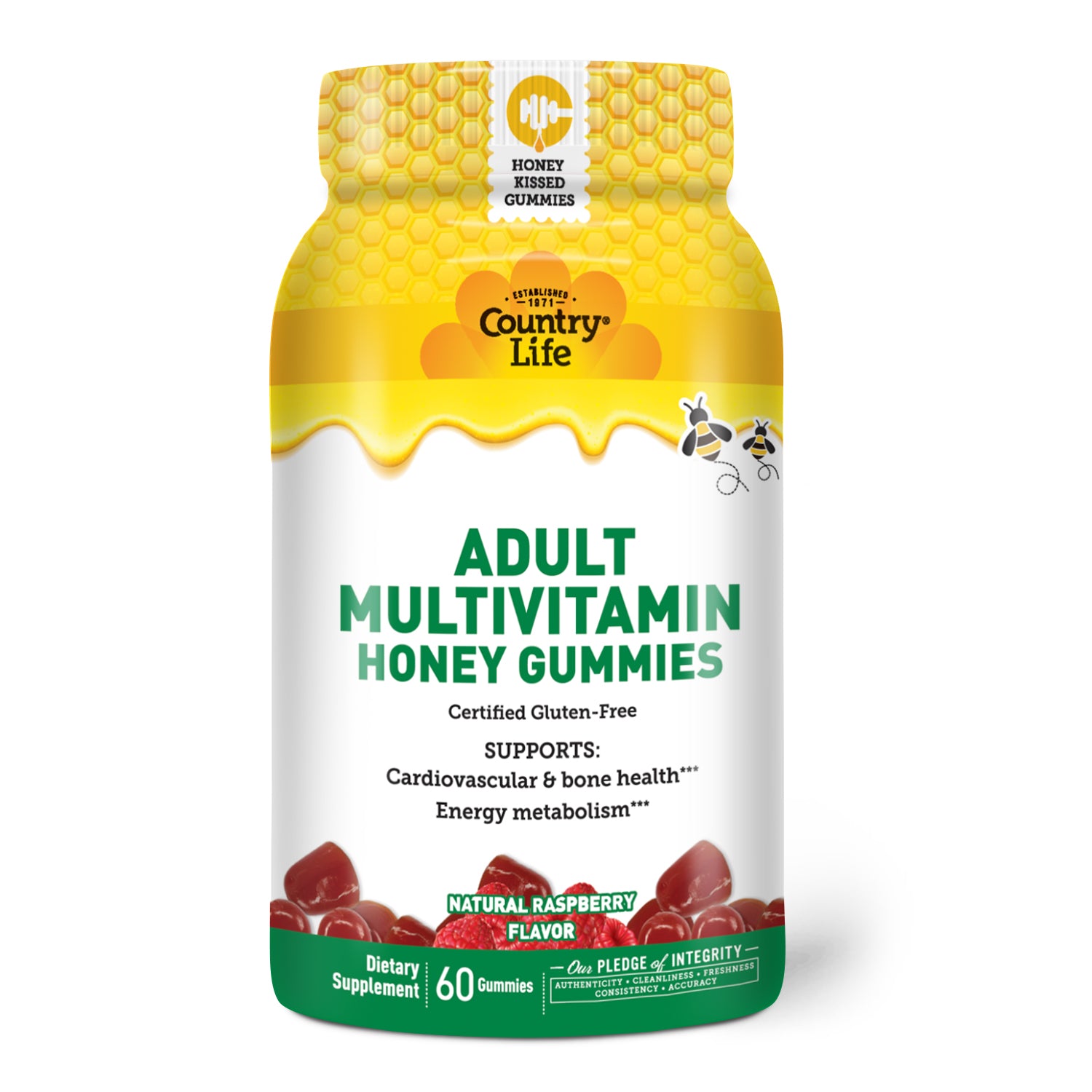
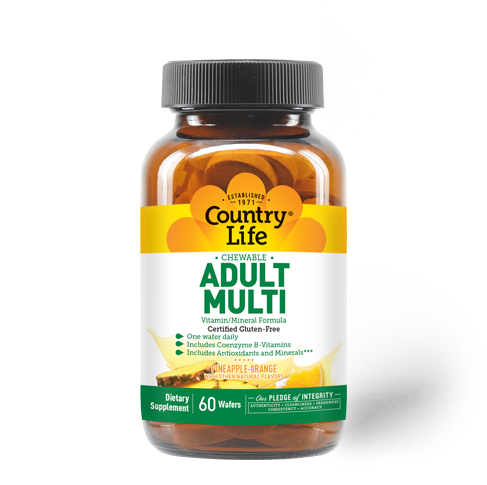
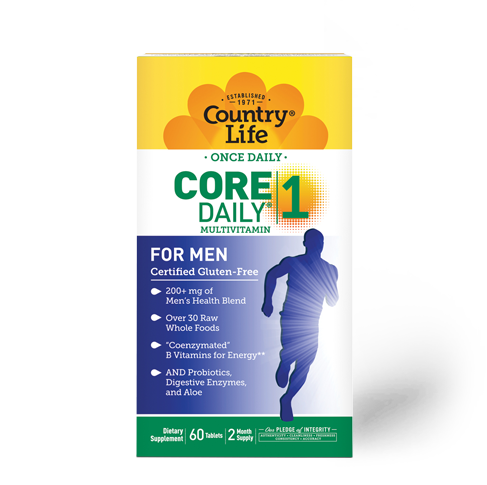
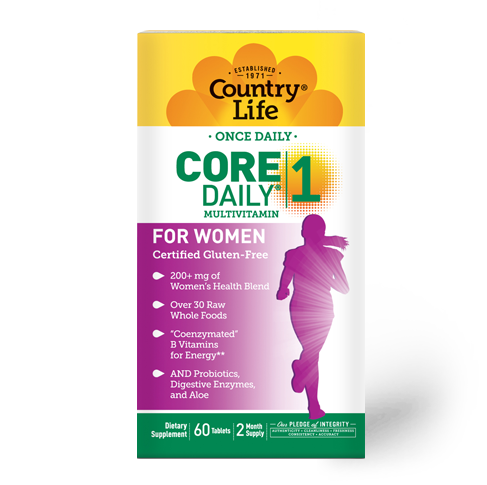
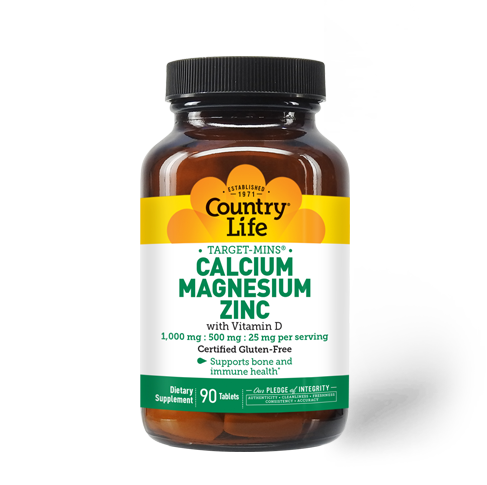
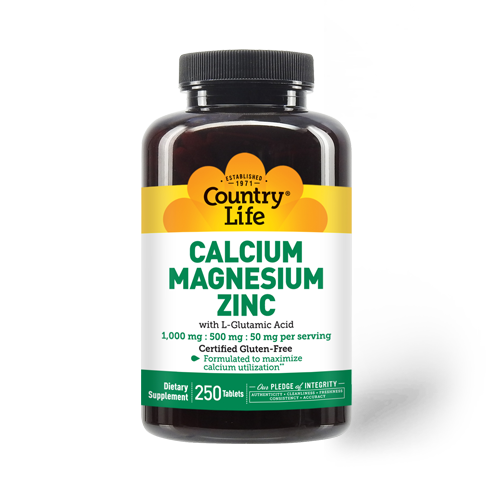










Share:
7 Tart Cherry Benefits For Sleep, Exercise Performance & Recovery, Joint Comfort, & More
Can You Bring Vitamins on a Plane?